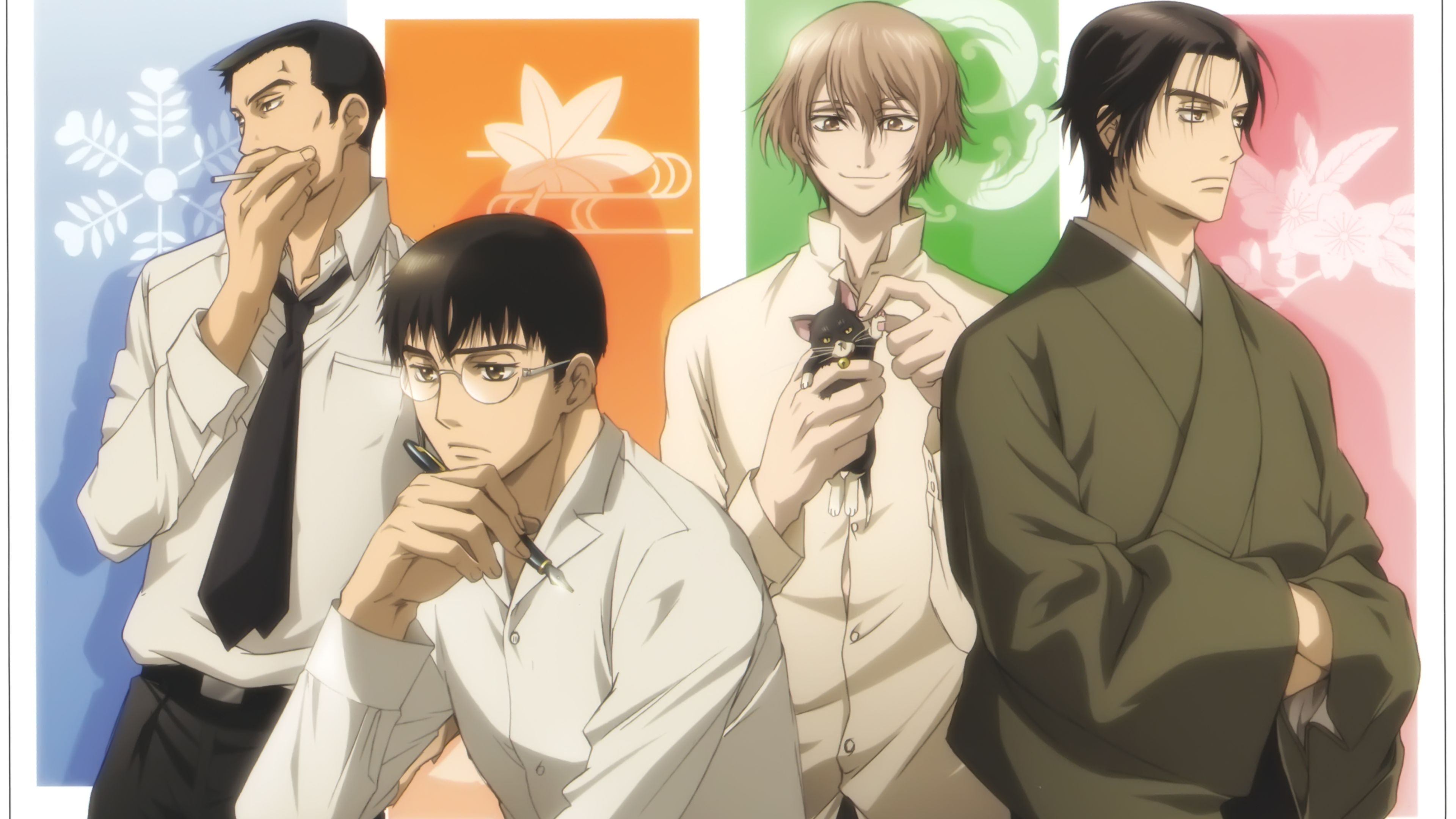Only in a genre so vast and varied like anime could Mouryou no Hako aka Box of Gremlins remain relatively unknown to most viewers. On the surface, MNH is a mystery anime (which is a surprisingly rare subgenre of anime) and unlike other more famous titles in the subgenre like ‘Detective Conan’ and ‘File of Young Kindaichi’, MNH is a slow-burner. It is based on a novel by Natsuhiko Kogyoku and is set in the Tokyo suburbs of Musashino and Mitaka of the Showa Period (around 1950). The show deals with a string of gruesome abductions followed by murder and dismemberment of corpses of children that are vaguely rooted in Japanese mysticism and human experimentation.
MNH has not one but four separate detectives (an allegory for the four seasons) who join forces to solve the perplexing mystery. And each one has his own unique methodology when it comes to sleuthing. But what sets the show apart is its reliance on dialogue and exposition. A considerable portion of the plot is actually recalled in conversation between the detectives and it sometimes may get difficult to keep track of exactly where the plot is progressing. Many viewers appear to be put off by this aspect of the show and there is also the fact that the it deviates quite markedly from the pilot episode in terms of tone and direction. The pilot pitches the relationship between two girls – Yoriko and Kanako as the key element but, by the time the fifth episode rolls by, we see very little of either of them.

Admittedly, MNH begins in a rather promising manner which is somewhat betrayed by the rest of the series. There are allusions to mystery and spirituality which are later snuffed out by the analytical dissection of the case. In addition, the show never really gets around to pinning down the horror element. Taking place in post-war Japan, there is ample scope for exploring the PTSD of the veterans and police officers as well but this too is squandered eventually. Where the show excels is in getting the tone right. It is not the scariest or the most thrilling series, yet it ensures that you are on the edge of your seat right through to the end.
Underlying the superficial mystery are a cluster of references and allusions to Eastern and Western mysticism (Rose Cross Detective Agency, for example) which belie a hidden meaning to the whole affair. Influences from the west are rampant and some viewers may find these influences as striking as a sore thumb. However, MNH goes much further than what the usual tropes would allow it to go. It utilizes the liberty bequeathed by the genre to introduce characters and themes novel to the regular viewer and develops them skillfully. There are espers, clairvoyants, mad scientists and talking heads (quite literally). MNH pulls off such a dense idea almost with ease although it does make a few sacrifices in matters of pace and characterization.
On the whole, MNH is an entertaining thriller with intriguing plot elements that stay with you. It uses innovative narration and directing techniques and what it loses in terms of action and explicitness, it makes up for in characters and subtlety. For those wishing to see just what anime has to offer when it comes to mature mystery, MNH is the best place to start.


